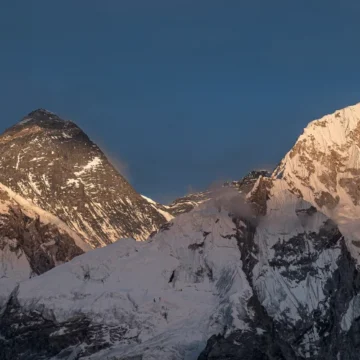
Will you lose weight trekking in Nepal?
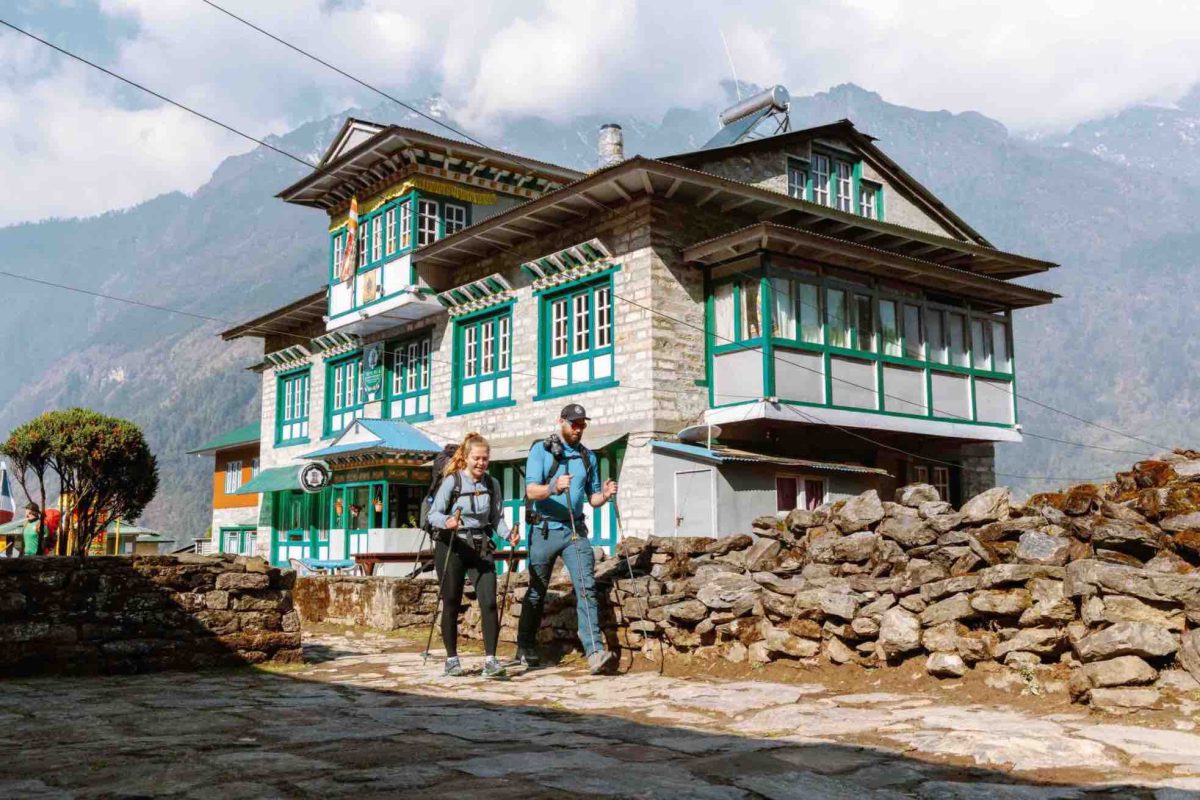
Table of Contents
Trekking in Nepal is a very difficult and daunting task. It engages your core and a lot of your energy. If you are trekking for more than 10 to 15 days in Nepal, you are likely to lose a few kg of your weight. However, if you do not want to lose weight, you can add an extra diet to your trek. For example, you can keep on eating chocolate bars, high-calorie food, and protein while you are trekking in Nepal.
How much weight might I lose while trekking in Nepal?
In the difficult trekking routes, such as the Dhaulagiri Circuit trek or the Kanchenjunga base camp trek, you will be walking for 7 to 8 hours each day in a very difficult landscape. Also, these difficult trekking routes require camping, and you can only get limited options for food and drink while trekking in Nepal.
In such a case, you are likely to lose about 3-4 kg in the entire trek, which will last about 20 days. Food availability plays the biggest role if you want to maintain weight while trekking in Nepal.
In Nepal, most of the trekking routes are moderately complex, where you hike for 4 to 6 hours each day. These teahouse treks are great for a comfortable trekking journey, where you will be served with highly nutritious food options.
If you balance your diet well and include some protein and juice, you can complete the trekking in Nepal in about 15 to 16 days without losing weight.
However, depending upon how quickly your body reacts to the situation, you might lose 2 to 4 kgs of your weight, but it is not a severe downfall as in the difficult treks.
In the easier trekking route, where you only hike for 3 to 5 hours each day and instead enjoy your vacation in Nepal, you will not lose any weight. Unless you do not like the food served to you or get sick in the mountain trial, you are not going to lose weight in the short treks of about ten days, such as the Langtang Valley trek or the Mardi Himal trek.
What happens if I get sick?
If you get the symptoms of altitude sickness or any other injury on the high mountain, then healing can be a bit difficult. This entire process can cause you to lose some weight while trekking in Nepal.
Even if you are not seriously sick, your body might be experiencing constant pain or discomfort in breathing, which can cause you to lose appetite and weight.
Some of the trekkers have reported that they have lost 7- 8 KG from the 12-day Everest base camp trek alone. Now, that will not happen if your body lives in the mountains with comfort and relaxation.
However, if you have never been on a trek before and find the journey rather daunting, with your body reacting negatively to the mountain climate, there might be severe weight loss.
The good thing is, if you ever feel discomfort or go through a serious injury while you are trekking in Nepal, you can order a helicopter evacuation and get back to the lower altitude immediately. This might prevent you from having more weight loss.
Can trekking in Nepal help me lose weight and build muscle?
If you are in the process of losing weight or gaining some muscle to tone up your body, hiking to Nepal can be a fun way to do so. If you pick a moderately tricky hiking route with a carefully planned diet and carry some weight on your back, you burn calories enough to lose weight quickly.
So, if you plan to lose a few pounds of your weight quickly, then hiking to Nepal is a great way. Hiking also tones your leg muscles.
When you walk about 6 to 8 hours each day and maintain your diet accordingly, you will lose around 7 to 10 kg of weight in the trip of about 14 to 15 days into town.
How do you prevent weight loss while trekking in Nepal?
On the other hand, if you are worried about losing weight when you travel to Nepal, then we can recommend some tips and tricks by which you will not lose even a single pound of weight when you are trekking to Nepal.
- First and foremost, you need to choose an easy trekking route that only involves 3 to 4 hours of hiking every day. Alternatively, you can also choose the trek route of your preference, such as Everest Base Camp Trek or Manaslu Circuit Trek and ask your travel agency to customise the trek in such a way that your itinerary does not involve hiking more than 3 to 4 hours in a day. Not just the distance, but you also need to check that you do not gain more than 300 to 500 meters of altitude in a day. Rapid gain of altitude might bring changes that promote weight loss in some people.
- You need to plan your food very strictly during the trek. The most recommended food is Nepalese Dal Bhat, which is rich in carbohydrates, proteins, and vitamins. This combination is what makes Sherpas in the mountain region very strong, and it will work for you as well.
- Since eating meat is not recommended in the mountain region, you need to eat a lot of pulses and vegetarian alternatives for protein. Pick the food that is rich in carbohydrates and available in large quantities, or choose two foods from the menu. You will need extra calories while you are hiking, so there is no need to compromise on the calories.
- Another key factor to maintain your weight while you are trekking in the mountains is to check your liquid intake. You will need at least 4 to 5 L of water to keep yourself hydrated at such altitude. You can consume a lot of tea, coffee, and juice as an alternative to the water. You Are discouraged from consuming any kind of alcoholic product while you are on the mountain trek. Alcohol can make you severely dehydrated, which leads to sickness and weight loss in the mountains.
- Check the food list while you are on trekking routes in Nepal.
- Consumption of some good quality Energy drinks or chocolate bars in the daytime will motivate you to hike.
- The last and most important factor is to get enough rest. If you feel tired or ill, there is always an option to take a resting day. Also, it is important that you sleep early at night so that your body is fresh and prepared to trek in the morning tomorrow. Getting enough rest is the most important factor in maintaining weight while trekking in Nepal.
Want to know more?
Speak to an Expert





Sandip Dhungana
Nepal 🇳🇵
Whatsapp: +977-9823636377

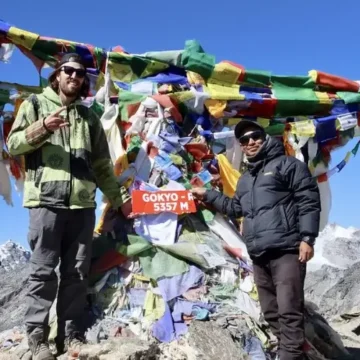
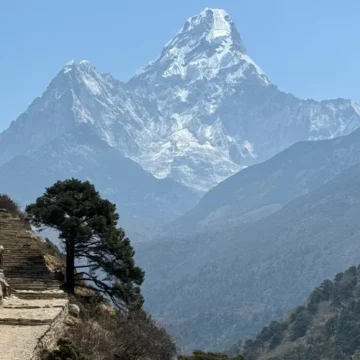
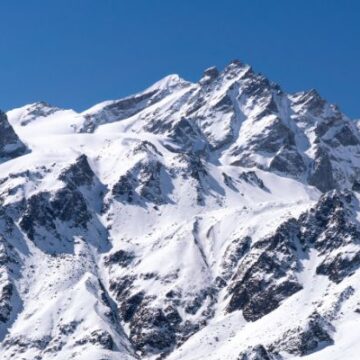
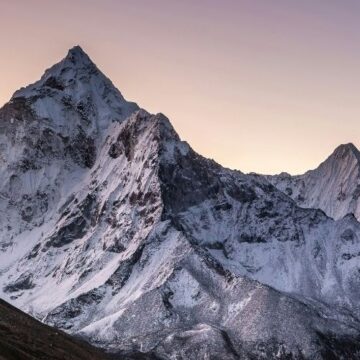

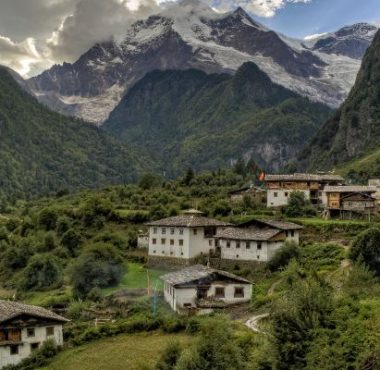
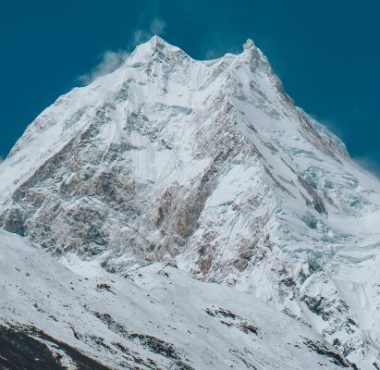

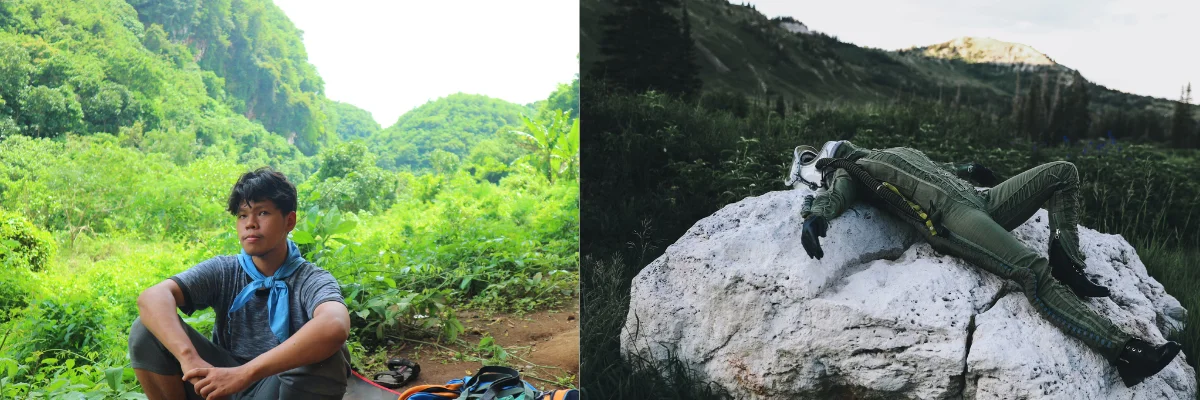
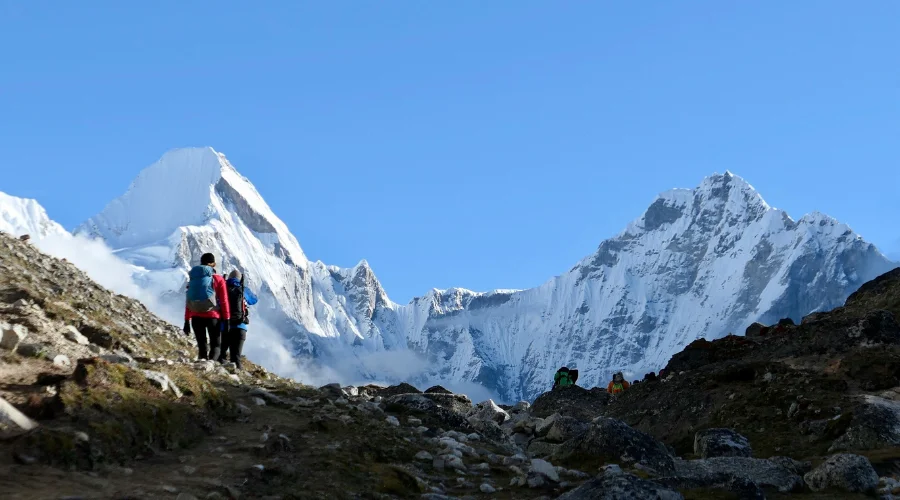









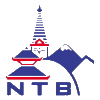


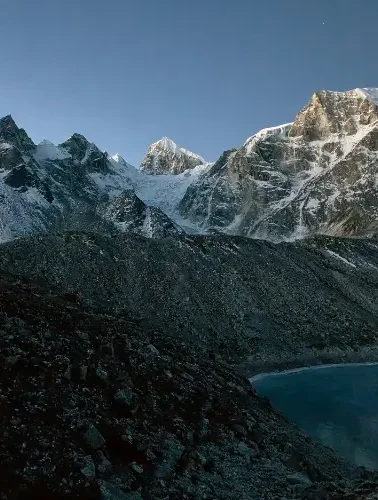
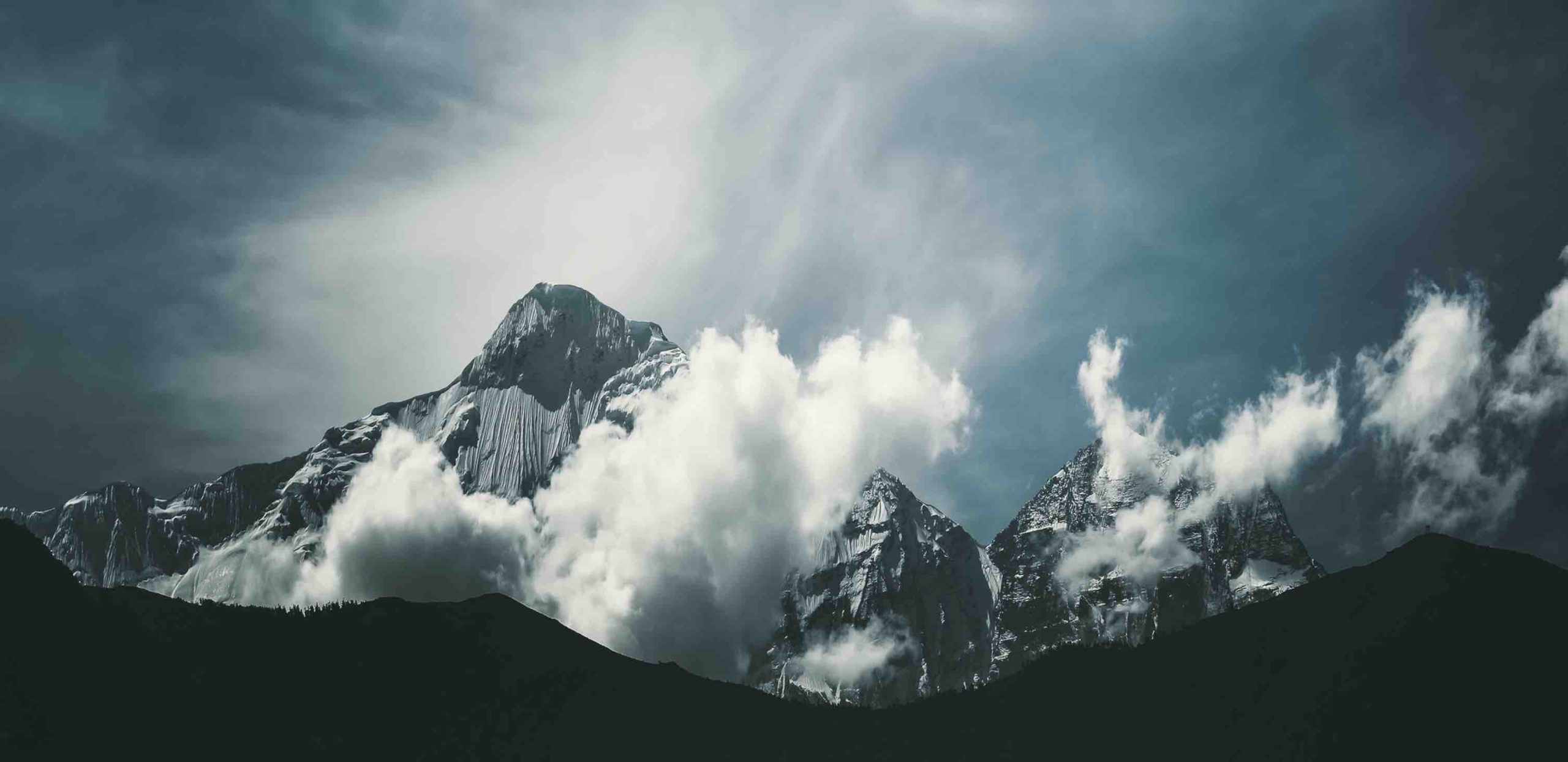
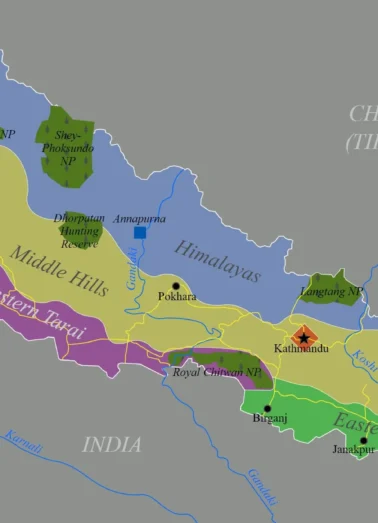
Leave Your Comment